
May 18th, 2016 by Elma Jane
Terminals are ready, but the software isn’t – many merchants have EMV capable equipment, but has not been activated yet because it still needs to be certified.
The certification process includes security and compatibility tests.
For a small merchant, all you need to worry about is your equipment or software is EMV certified.
For software, developers, terminal manufacturers needs to get certification before they can deploy their products to merchants.
So many merchants who want to accept EMV, are now just waiting for their POS system to get necessary upgrades, which they can’t do until they’re certified.
Slower Checkout Time – common complaint by consumers. Dipping takes several seconds longer than swiping the card. There’s also a chance of forgetting your card because you have to leave your card inserted while waiting for the transaction to get approved.
The fastest Path to EMV – Depending on the nature of your business, the risk of landing yourself for credit card fraud is slim. The easiest way is to contact your merchant account provider and they will tell you what equipment and software you need and how much it will cost.
For our retail customers, we have the iCT250, the smart and compact desktop device designed for maximum efficiency. iCT250 offers a smart and effective payment experience on minimum counter space. Accept all electronic payment methods including EMV chip & PIN, magstripe and NFC/contactless.
For card-not-present, we have our payment gateway platform that accepts payments your way Online, In-Store and On the Go.
- E-commerce – manage your e-com business along with all of your other payment transactions in one, secure place.
- In-Store – accept payments in person with ease using your computer and a broad range of an optional device, like card readers and PIN pads.
- Back Office Mail & Phone – Process you mail and phone payments online. Converge is ideal for recurring and installment payments too.
- Mobile – Take payments on the go with an intuitive mobile app that’s compatible with most smartphones and tablets.
For more details give us a call at 888-996-2273 or check out our website for our products and services.
Posted in Best Practices for Merchants, Credit Card Reader Terminal, e-commerce & m-commerce, EMV EuroPay MasterCard Visa, Internet Payment Gateway, Mail Order Telephone Order, Merchant Account Services News Articles, Mobile Payments, Near Field Communication, Point of Sale, Smartphone, Travel Agency Agents Tagged with: card, card readers, Chip & PIN, consumers, contactless, credit card, customers, e-commerce, electronic payment, EMV, fraud, in-store, magstripe, merchant account, merchants, mobile, nfc, online, payment, payment gateway, PIN pads, POS, provider, Security, terminals, transaction
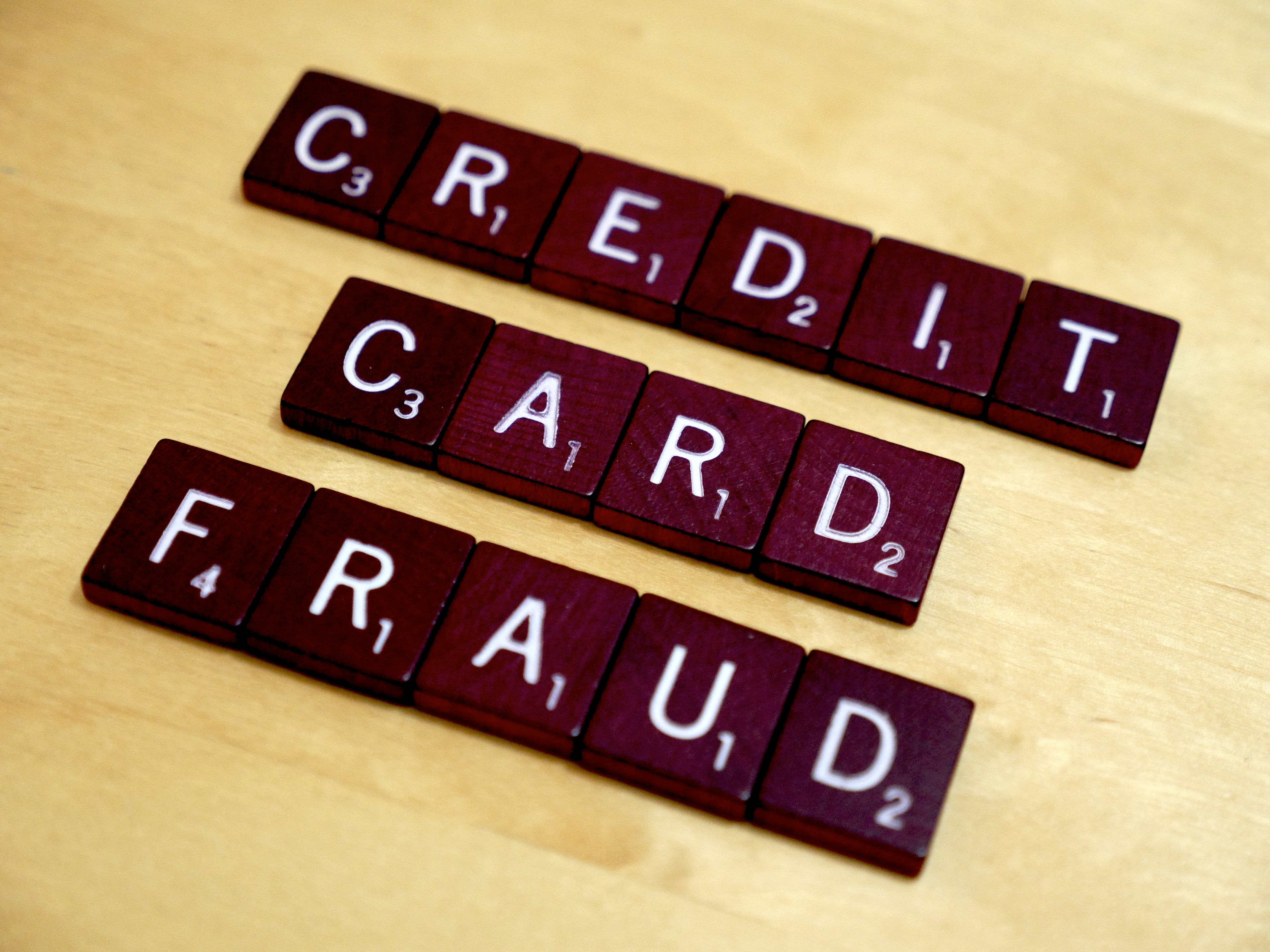
May 17th, 2016 by Elma Jane
Businesses run the risk of fraud, but some are more likely to be targeted than others.
Simply being aware that you are operating at a higher risk than normal and putting up your defenses can help you protect your business from online fraud.
By learning more about the types of online fraud, you could experience what to do if you expect a fraudulent transaction. You can also mitigate your risk, even if you sell high-risk items to high-risk customers.
Posted in Best Practices for Merchants, Travel Agency Agents Tagged with: customers, fraud, high risk, online fraud, risk, transaction
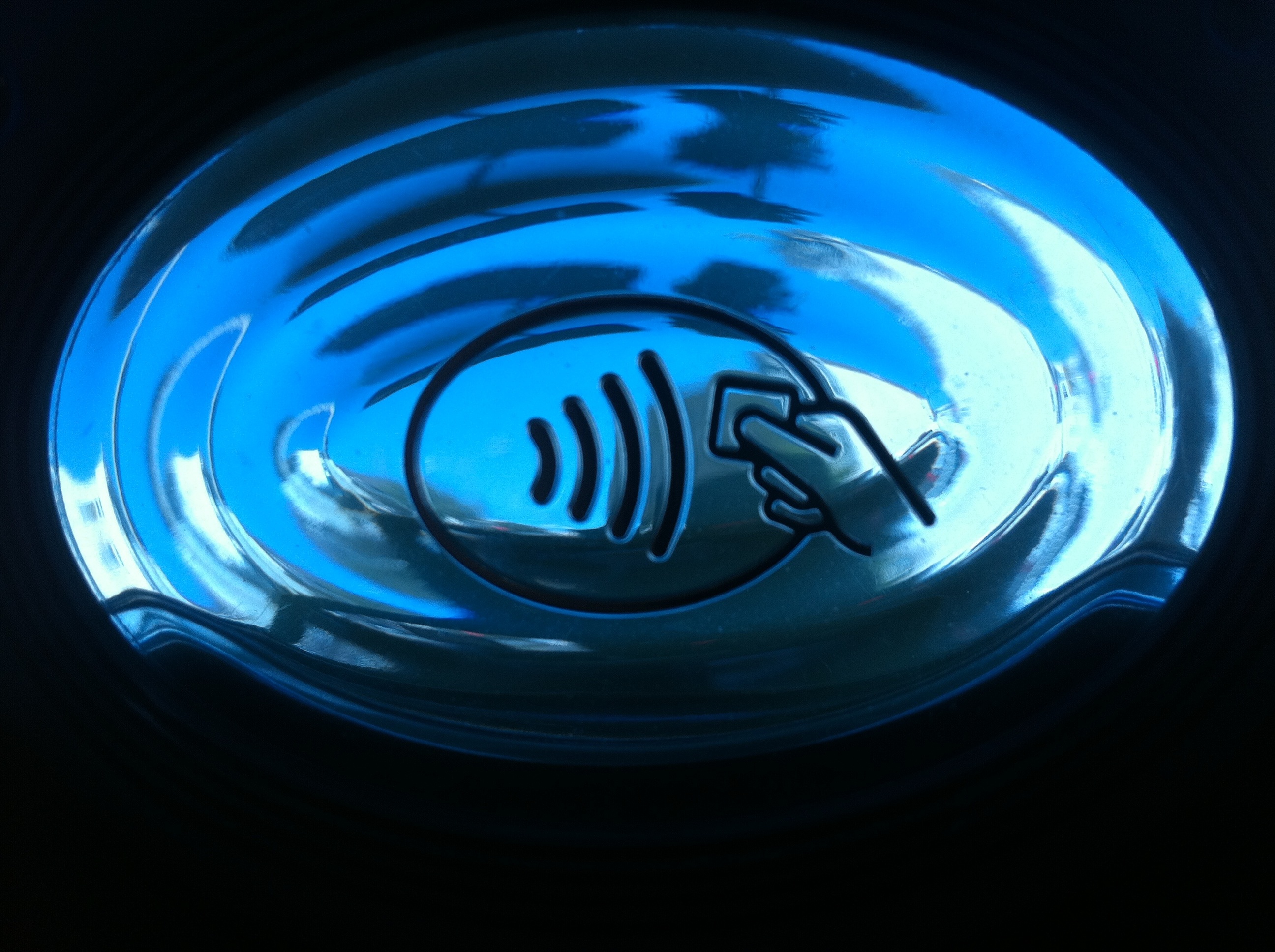
May 16th, 2016 by Elma Jane
Visa Europe has seen a significant increase in the number of contactless payments (card-present transaction) that it has processed this year, it nearly tripled to three billion.
Visa Europe attributed this increase to merchants integrating tap and pay into their checkout process.
This significant increase was largely due to London’s adoption of contactless technology. The contactless payments were also attributed to the launch of Apple Pay, urging consumers to adopt new payment methods.
Setting the stage for tomorrow’s technology, like wearable devices and mobile payment services making today’s achievement possible.
Posted in Best Practices for Merchants Tagged with: card present, consumers, contactless payments, merchants, mobile payment, ontactless technology, payment methods, services, transaction, visa
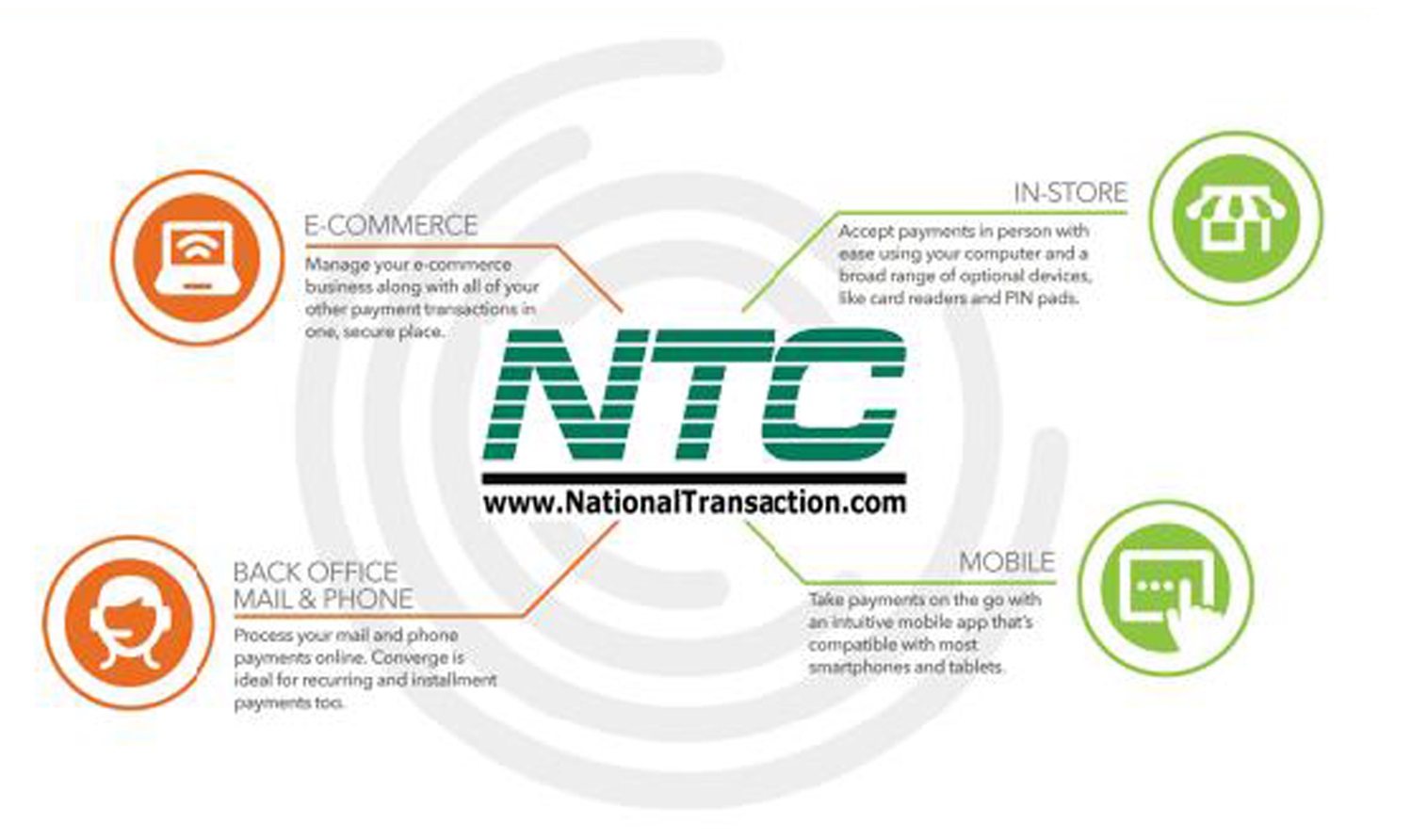
May 12th, 2016 by Elma Jane
Electronic commerce (eCommerce) is a type of business transaction, that involves the transfer of information on the Internet. This allows consumers to exchange goods and services with no barriers of time or distance electronically.
Business-to-Business (B2B) this refers to electronic commerce, between businesses rather than between a business and a consumer. These transactions electronically provide competitive advantages over traditional methods. It’s faster, cheaper and more convenient.
Creating a successful online store can be difficult if you don’t have knowledge of e-commerce and what it is supposed to do for your online business.
What do you need to have an online store?
- Shopping cart – an operating system that allows consumers to buy goods and or services. Track customers, and tie together all aspects of e-commerce into one.
- Or you can check out our NTC e-Pay no shopping cart Solution.
- Taking online payment by getting a merchant account and accept credit cards through an online payment gateway.
You just need to make a better decision in choosing the right shopping cart and a merchant account for your eCommerce shop.
Posted in Best Practices for Merchants, e-commerce & m-commerce Tagged with: b2b, commerce, consumers, credit cards, customers, ecommerce, gateway, merchant, merchant account, NTC e-Pay, online, online payment, payment gateway, shopping cart, transaction

May 9th, 2016 by Elma Jane
Preventing double refunds depend on the timing of the chargeback. It is a bit challenging, the key lies in attention to detail.
A chargeback may already exist for the transaction when a customer say they just spoke to their bank. Merchants must pay attention to this big clue.
There are different time limits for resolving disputes before they become actual chargebacks, depending on the issuing bank.
- If customers indicate they did contact their bank, merchants need to call the issuing bank to determine if a case number has been assigned to the transaction dispute.
- If there is a case number that has been assigned, the merchant can disregard the refund request.
If a case number has not been assigned, merchants need to inform the bank that a refund has been initiated and a chargeback is not necessary.
Preventing Double Refunds Before Chargebacks are Filed
Provide prompt refunds to customers when they are warranted.
- Estimate when the funds will be available.
- Let customers know that a refund has been issued.
- Take care to ensure the credit isn’t process as a debit.
Posted in Best Practices for Merchants, Travel Agency Agents Tagged with: bank, chargeback, credit, customer, debit, merchants, refunds, transaction

May 9th, 2016 by Elma Jane
Double refunds are when a customer is provided with two refunds for the same transaction. Chargebacks can be involved in a double refund.
Double Refunds Happen When:
Chargebacks are filed after a refund is issued. The consumer contacts the merchant and requests a refund, but the funds aren’t returned immediately. The consumer thinks the request for the refund was ignored and files a chargeback. Then both the chargeback and the refund are being processed.
Chargebacks are filed before a refund is issued. The consumer calls the bank and initiates a chargeback. Then, the consumer calls the merchant and expresses dissatisfaction. To try to avoid a chargeback, the merchant provides a refund. However, the merchant has no idea of the fact that a chargeback has already been filed because the consumer calls the bank first
Even thou a merchant provided a refund with a customer that doesn’t guarantee that a chargeback won’t be initiated. Same thing with chargeback that has been filed doesn’t guarantee that customer won’t contact the merchant and demand a refund as well.
Just because a merchant provided a customer with a refund that doesn’t guarantee that a chargeback won’t be initiated. Same thing with chargeback that has been filed doesn’t guarantee that customer won’t contact the merchant and demand a refund as well.
It is possible for the customer to receive a double refund for the one purchase transaction.
Posted in Best Practices for Merchants, Travel Agency Agents Tagged with: bank, chargebacks, consumer, customer, merchant, refunds, transaction
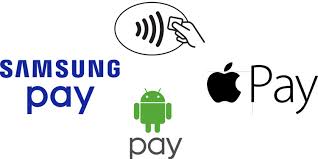
April 27th, 2016 by Elma Jane
Near field communication is a contactless communication protocol between devices like (smartphones, tablets, smartwatches or even credit cards themselves) with a nearby NFC-enabled terminal by simply authorizing your device with a passcode or fingerprint authentication.
Both merchants and customers benefit from near field communication technology, by integrating credit cards, train tickets, and coupons all into one device. Faster payment transaction times and fewer physical cards to carry around.
If your smartphone has an integrated NFC chip, you can use a mobile wallet app like Apple Pay, Android Pay and Samsung Pay for items at retailers that support NFC transactions. Just load up your credit cards on your mobile device and wave or tap your device near an NFC compatible terminal to pay, no card swiping required.
As the technology keeps growing, more NFC compatible smartphones will be available and more businesses will offer NFC card readers for customer’s convenience.
Apple Pay, integrated into the newest generation of Apple mobile devices and incorporates NFC technology. If it becomes widely used by many iPhone users, perhaps merchants will be encouraged to more quickly adopt NFC technology.
Many major banks and credit cards are supporting NFC technology, issuing new cards with embedded NFC chips. This means that you may be able to tap or wave your card at the terminal instead of swiping, no phone required, in the next few years.
Posted in Best Practices for Merchants, Near Field Communication Tagged with: cards, contactless, credit cards, customers, merchants, mobile wallet, Near Field Communication, nfc, payment, Smartphones, tablets, terminal, transaction
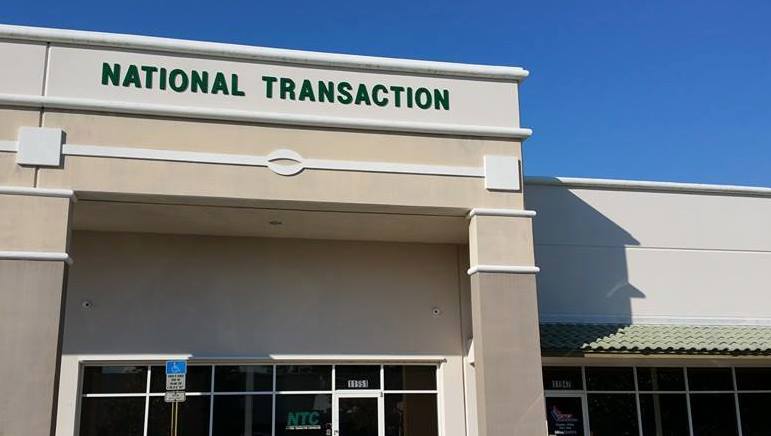
April 25th, 2016 by Elma Jane
There are a lot more details of what makes up a credit card rate, this information is a good start to know more about a merchant account. All merchant accounts are subject to the same costs with respect to interchange fees and assessments.
Most rates are made up of three parts:
Assessments – are paid directly to card network associations (Visa, MasterCard, Amex, etc.)
Interchange – are paid to the issuing bank that issued the card, and is typically made up of a flat rate.
Card present transactions (the card is physically present or swiped) are typically lower than card-not-present transactions (the card is keyed-In like e-commerce and mail-order transactions).
Card-not-present transactions have higher interchange rates because they are riskier.
Processor fees – the fees involved with providing the service, risk assessments, the type and size of the transaction. This includes the margin between the total rate and the two previous parts, along with other fees, like chargeback or statement fees.
Posted in Best Practices for Merchants, Credit card Processing, Travel Agency Agents Tagged with: bank, card, card network, chargeback, credit card, merchant account, rate, transaction
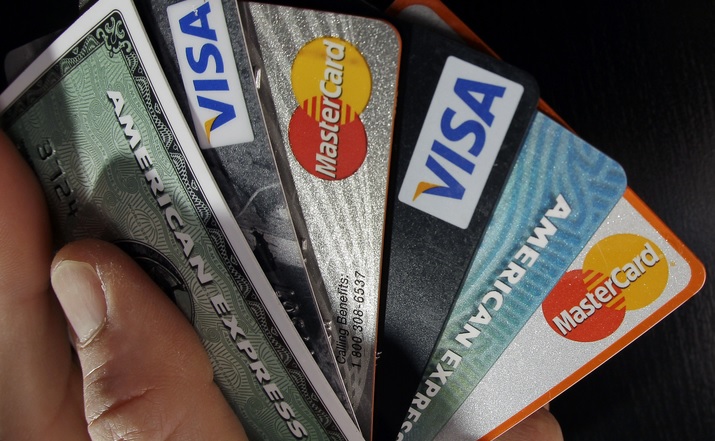
April 12th, 2016 by Elma Jane
Bank Identification Number or (BIN) is the link between the customer and their credit, debit, prepaid or gift card.This help merchants identify the card, its owner, and the issuing bank. The first six digits are used to identify the issuing bank. These six digits are the Bank Identification Number (BIN).
What is a BIN LookUp and how can it help merchant?
The BIN and additional data about the card and the bank can be stored in a database since every card is associated with a bank. BIN lookup allows any merchant or institution doing card based transaction to check more about the transaction other than ensuring that the correct pin has been provided.
BIN LookUp gives the merchant added security and a number of benefits.
- Protection against fraud and reversals of payments. Bank institution allow merchants a limited number of reversals and fraud before stopping their card privileges, and each card chargeback costs you money.
- Permits a closer monitoring of the sales process. Who, what and where? Using these details you can service your customers better.
- You can also gain from using the BIN system if you issue your customers’ gift card or pre-loaded cards.
How Can BIN LookUp or Cardholder Bank LookUp Help Merchants?
Utilize the Cardholder Bank Lookup when you need to inquire about which bank issued a particular card. Simply enter the first six digits on the card and you will receive the information on the issuing bank, including contact information. Merchant Connect BIN lookup data is accurate, it is an added protection to your business, assets, and your financial transactions.
For your payments technology needs, give us a call at 888-996-2273
Posted in Best Practices for Merchants, Travel Agency Agents Tagged with: bank, cardholder, chargeback, credit, customer, database, debit, financial, fraud, gift Card, merchants, payments, prepaid, Security, transaction
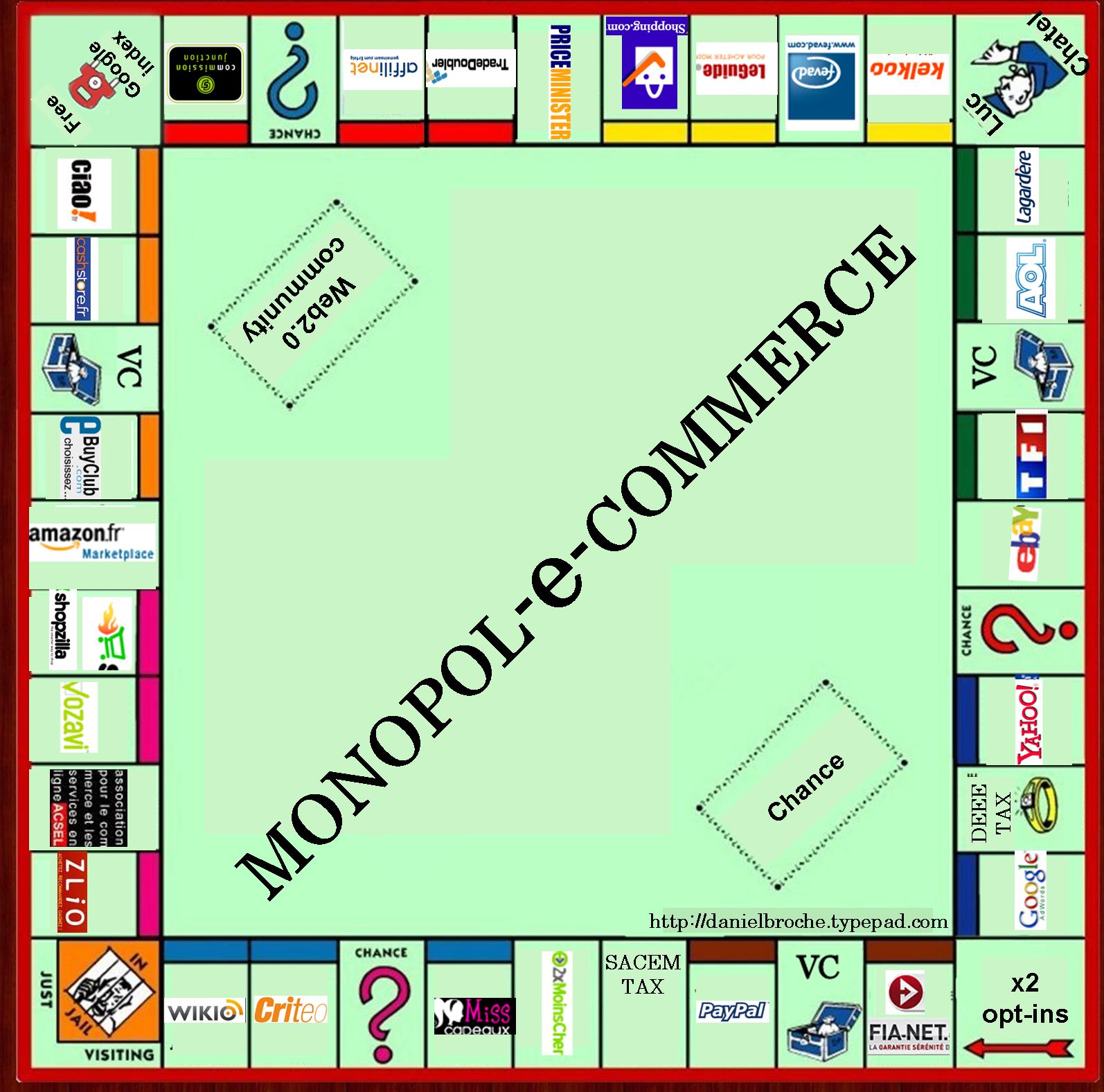
April 11th, 2016 by Elma Jane
Card-not-present fraud is projected to worsen. However, 3D secure technology has made progress and is gaining more and more adoption.
How can e-Commerce merchants avoid CNP fraud?
Here are other ways to make card-not-present transaction safe:
Biometrics – Using Fingerprint Scans and Facial Recognition or Selfie. To validate the identity of the consumer.
Challenge Questions – Such as listing your father’s middle name or a fact known only to the consumer is an effectively added layer of security.
Location Data – Another way to fight against fraud is location data and the use of IP addresses to certify the location and identity of the consumer making the transaction.
Outsource Your Payment Platform – Payments pages hosted by a reputable payment service provider are much more secure.
One-time Passwords – During the checkout process, there will be a window to enter a one-time password which the consumer receives a text message on his/her mobile phone. The consumer enters the password within a short time frame to authenticate the transaction. This solution is especially effective against cyber criminals who steal credentials.
For your payment services needs, give us a call at 888-996-2273
Posted in Best Practices for Merchants, Credit Card Security, e-commerce & m-commerce Tagged with: 3D Secure, biometrics, card-not-present, cnp, consumer, data, e-commerce, fraud, merchants, payment, Security, service provider, technology, transaction








